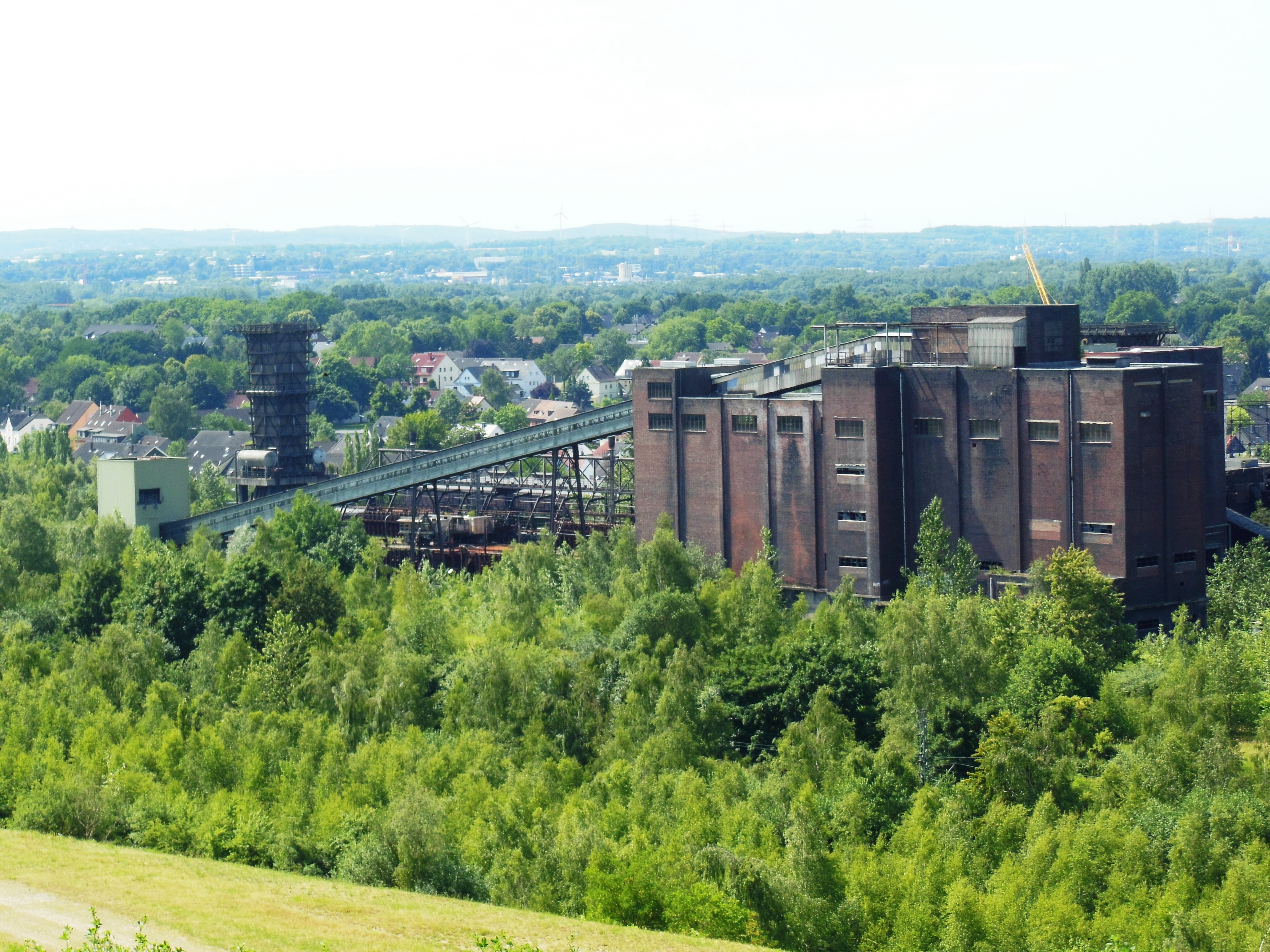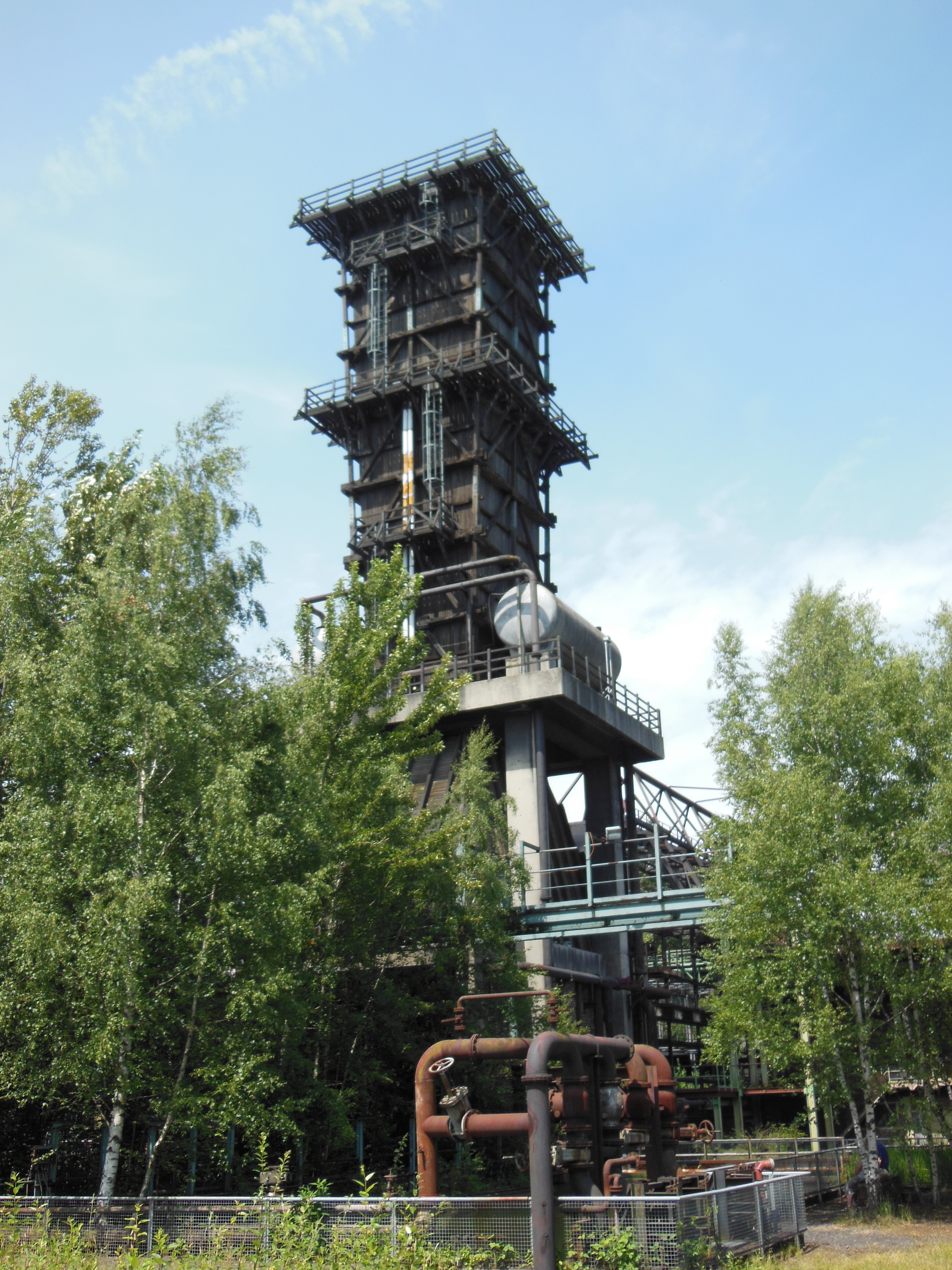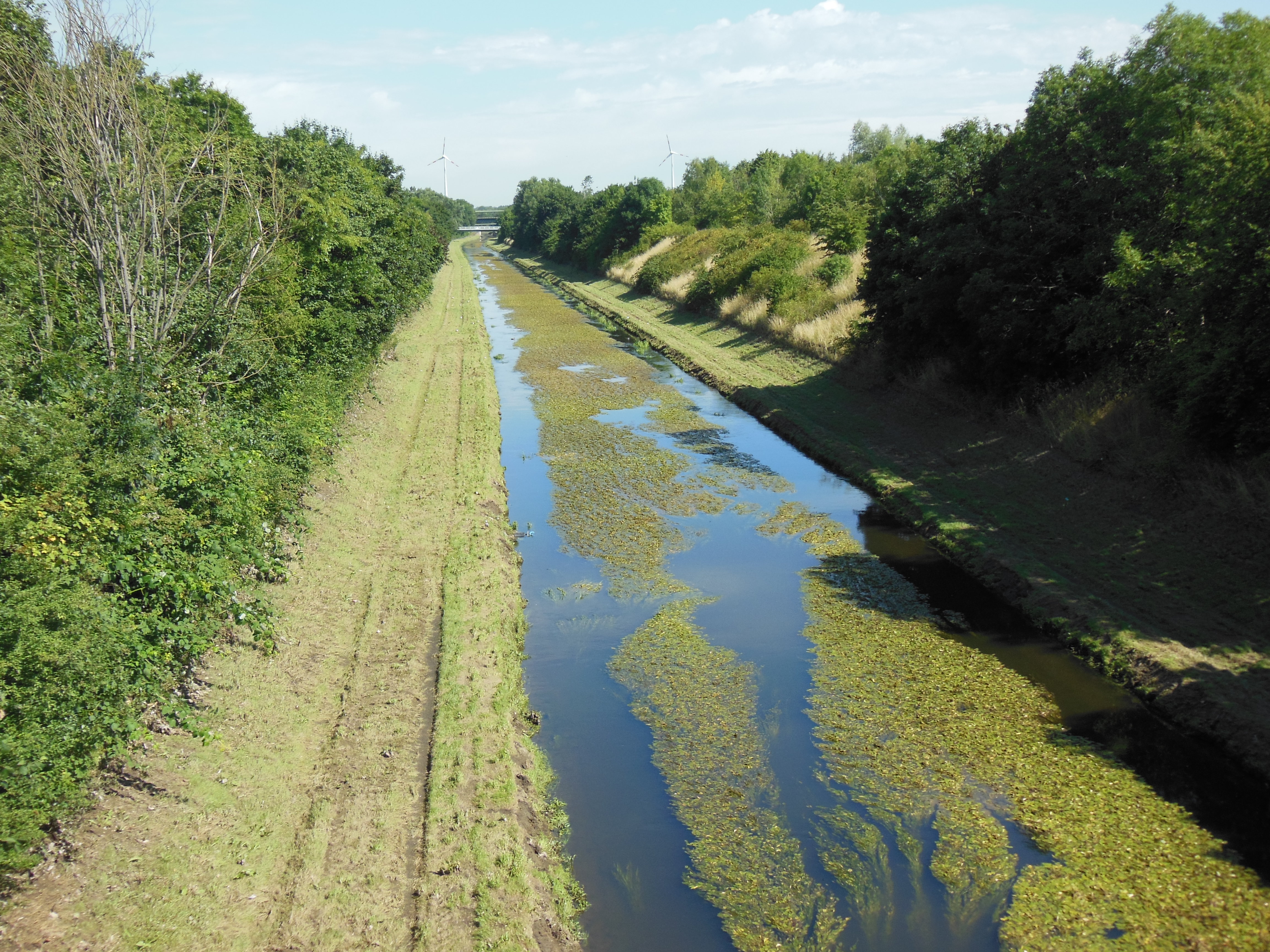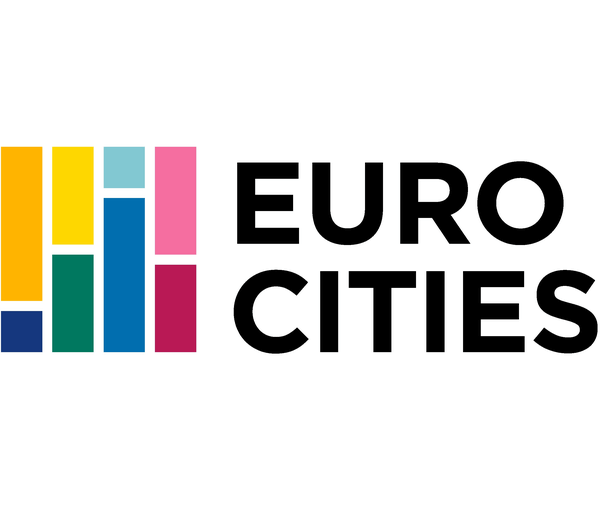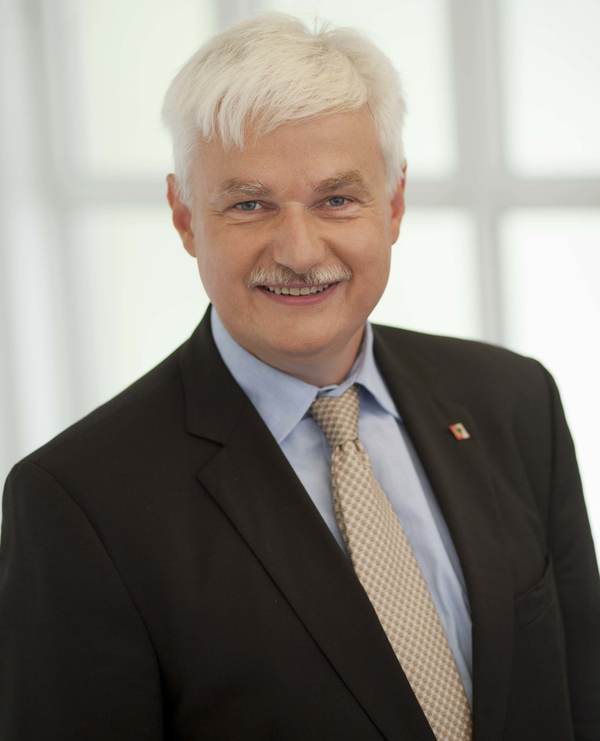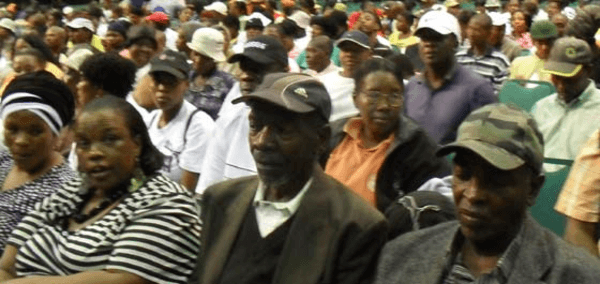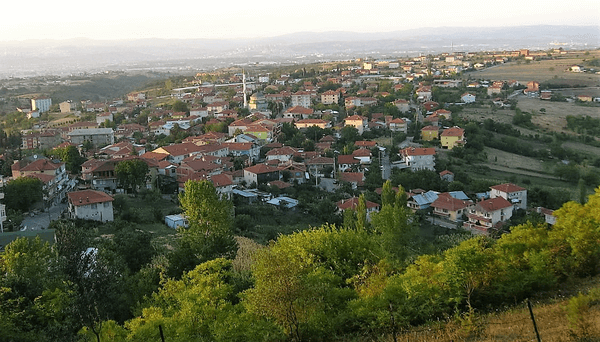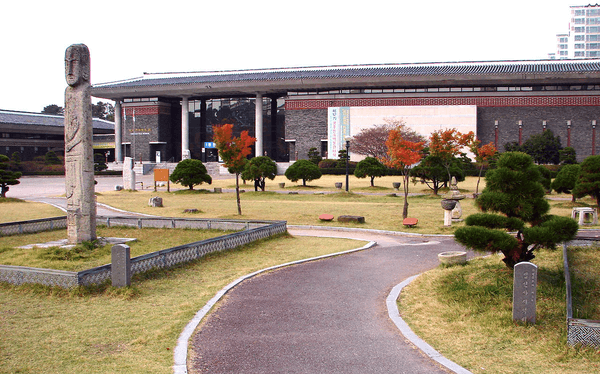City
Dortmund
Main actors
City Government, Community / Citizen Group, Private Sector, other
Project area
Whole City/Administrative Region
Duration
Ongoing since 2012
Dortmund’s Masterplan for Energy Transition brings all sorts of stakeholders together to develop a vision for the city’s energy future.
Dortmund came up with a plan to lay the groundwork for an energy transition across all sectors of society. The plan centred on a participation process enabling citizens, scientists, the energy industry and business and political communities to share their experiences and start shaping a new vision. In five citizen/expert workshops on the key topics of Energy Education, Energy Poverty, Mobility, Resources and Business, more than 150 citizens participated. They developed project ideas, described challenges and achieved broad consensus on how to handle these demands. The broad participation process aimed at creating understanding and acceptance to gain ambassadors for energy transition in all parts of society. This process was coordinated by a project team and overseen by a steering committee led by the lord mayor.
Originally published by EUROCITIES, the network of 130 European cities - PDF: http://nws.eurocities.eu/MediaShell/media/October15_citiesinaction_Dortmund.pdf
Eurocities Awards
This project was shortlisted for the 'Eurocities Awards' in 2014 in the following category: Participation.
On Map
The Map will be displayed after accepting cookie policy
